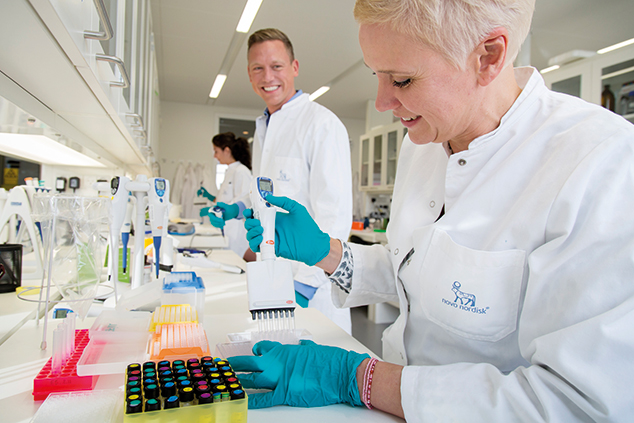
The last few months have been a disappointment for the end-of-the-world crowd. Some Remainers may be dismayed by the stability of sterling and the acceleration of economic growth in the UK to 0.5% in the first quarter. Brexiters are disappointed by the pick-up in European growth to 0.4%, with unemployment at a ten-year low and even Italy out of recession. Meanwhile, the recovery in equity markets this year suggests that investors are losing interest in politics and focusing on corporate factors instead.
However, there is a long way to go. Sam Morse, the manager of the £1bn Fidelity European Values (LSE: FEV) trust since 2010, points to strong residual negative sentiment towards Europe. Fund flows into EU equities are near 15-year lows, and fund-manager surveys show that investment intentions are at six-year lows. Earnings growth in Europe has lagged the US, but valuations are significantly lower. At the end of March, the US market was valued at 17.2 times 2019 forecast earnings, and the eurozone at 13.2. If economic growth and growth in profits is picking up, European markets could at last outperform the US.
FEV, once run by respected fund manager Anthony Bolton, has an enviable record. It launched in 1991 and has returned a compound annual average of 13.8%, compared with 9.1% for the FTSE Europe index, enough to multiply an initial investment 35-fold. The three- and five-year performances, 53% and 68% (respectively 12% and 22% ahead of the index), are among the best in its sector. The dividend yield is 2.8%, yet the shares trade on a discount to net asset value of 9%. The annual outperformance may have decelerated to 2.8%, but these are still exceptional returns at a great price.
Thinking long term
A popular route to outperformance is overinvesting in small- and mid-cap companies, but Morse sticks to the big companies. “Ninety-five percent of the portfolio is of a size to be in the FTSE 100, as larger companies look relatively attractive.” Instead, he follows three principles: a focus on dividend growth, a long-term view, and the management of downside risk.
Fidelity’s research shows significant outperformance by companies that consistently grow their dividends over those that cut or just maintain them. The FEV portfolio “yields between 75% and 95% of the market, but with faster growth”. A long-term view is shown by portfolio turnover barely above 15% per year, which means that stocks are held on average for six years, and 60% of holdings were held five years ago. Protection against downside is demonstrated by a strong tendency to outperform in down months; in 2018, for example, the trust lost only 4.8%, while the market was down 9.5%.
The portfolio includes consumer stocks such as Nestlé, LVMH and L’Oréal, healthcare stocks such as Roche, Sanofi and Novo Nordisk (the world leader in diabetes treatment), and financial stocks such as Deutsche Börse and DNB (the leading Norwegian bank), but not the lame-duck German banks. There are no car companies or retailers, no recovery stocks, and none that look suspiciously cheap.
For most of the trust’s life, European markets outperformed the world, and have only lagged in the last ten years. Morse won’t be drawn as to when outperformance will return, but notes that the dollar is “10%-15% overvalued against the euro” and that “Europe is very out of fashion”. The EU may have its structural problems, but the opportunities for profit will at least continue. Don’t let politics get in the way of a good investment.